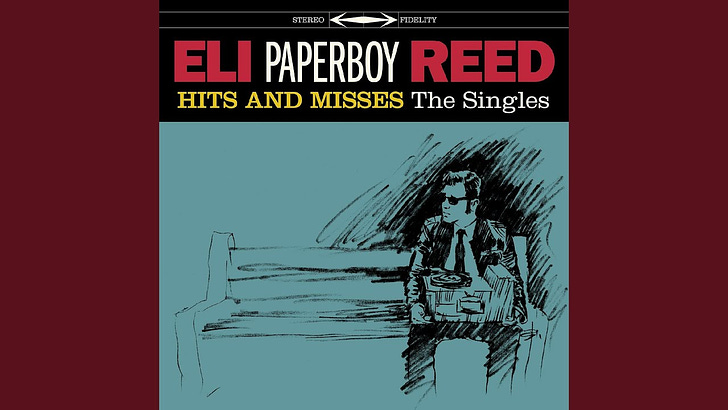Paperboy Propels Dan, Dylan & Motörhead
All Hits, No Misses on Eli Paperboy Reed's New Compilation
When The Who released an album of outtakes in 1974 called Odds & Sods, it was immediately my favorite album by the band. Album rock radio had played Who hits to within a millimeter of them sounding like an air freshener commercial, so that collection was something both new and reliably old.
It was an influential album, giving other artists and their not always scrupulous labels permission to collect such archival material. In the 50 years since, it has become the signature name for any similar endeavor. Eli Paperboy Reed's new album Hits and Misses: The Singles coming October 20 on Yep Roc Records, is the soul-blues guitarist and singer's Odds & Sods, and it is an outstanding introduction to the young veteran's work. The label has released three singles, including versions of Steely Dan's "Do It Again" and Motörhead's "Ace of Spades" for us to preview.
But first we have to clean up the punctuation issue in his nickname: is it Paperboy or "Paperboy"? I've seen it both ways. Born and rais…
Keep reading with a 7-day free trial
Subscribe to Critical Conditions by Wayne Robins to keep reading this post and get 7 days of free access to the full post archives.



